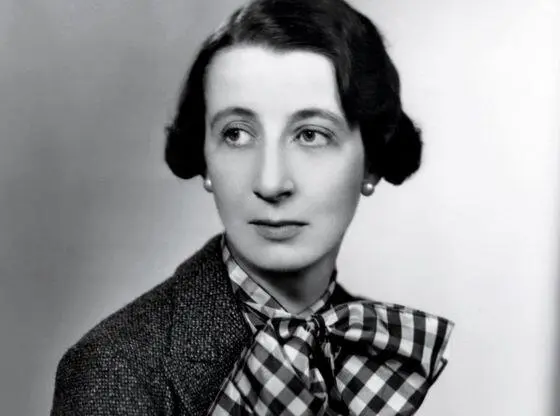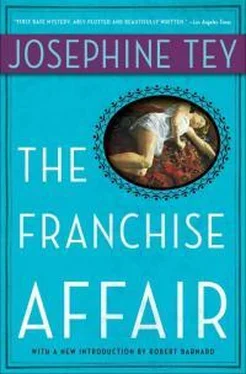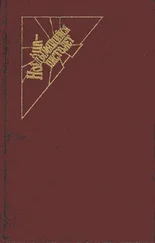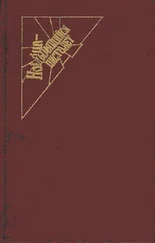Our united love to you, and our gratitude.
Marion Sharpe.
He laid the letter down on his brass and mahogany desk. Laid it down in the afternoon patch of sunlight.
Tomorrow at this time Marion would no longer be in England.
It was a desolating thought, but there was nothing to do but be sensible about it. What, indeed, was there to do about it?
And then three things happened at once.
Mr. Heseltine came in to say that Mrs. Lomax wanted to alter her will again, and would he go out to the farm immediately.
Aunt Lin rang up and asked him to call for the fish on his way home.
And Miss Tuff brought in his tea.
He looked for a long moment at the two digestive biscuits on the plate. Then, with a gentle finality, he pushed the tray out of his way and reached for the telephone.
T he summer rain beat on the air-field with a dreary persistence. Every now and then the wind would lift it and sweep the terminus buildings with it in one long brush-stroke. The covered way to the Montreal plane was open on either side and the passengers bent their heads against the weather as they filed slowly into it. Robert, moving up at the tail of the queue, could see Mrs. Sharpe’s flat black satin hat, and the short strands of white hair being blown about.
By the time he boarded the plane they were seated, and Mrs. Sharpe was already burrowing her bag. As he walked up the aisle between the seats Marion looked up and saw him. Her face lighted with welcome and surprise.
“Robert!” she said. “Have you come to see us off?”
“No,” Robert said. “I’m travelling by this plane.”
“Travelling!” she said, staring. “You are?”
“It’s a public conveyance, you know.”
“I know, but – you’re going to Canada?”
“I am.”
“What for?”
“To see my sister in Saskatchewan,” Robert said demurely. “A much better pretext than a cousin at McGill.”
She began to laugh; softly and consumedly.
“Oh, Robert, my dear,” she said, “you can’t imagine how revolting you are when you look smug!”

ELIZABETH MACKINTOSH used two pen names during her writing career: Josephine Tey, who was also her Suffolk great-great-grandmother, and Gordon Daviot. She was born in 1897 in Inverness, Scotland, where she attended the Royal Academy. Miss MacKintosh later trained for three years at the Anstey Physical Training College in Birmingham, then began her teaching career as a physical training instructor. She gave up teaching to keep house for her father, who lived near Loch Ness, and pursue her writing. Her first book was The Man in the Queue (1929), published under the Gordon Daviot pseudonym, and it introduced the character of Inspector Grant, familiar now from the Tey novels. The author wrote chiefly under the signature of Gordon Daviot from 1929 to 1946, during which time her works included the play Richard of Bordeaux (1933), which ran for a year with John Gielgud in the lead part. The first of the Josephine Tey mysteries, A Shilling for Candles , was published in 1936 and was eventually followed by Miss Pym Disposes in 1947. Also included among the “Tey” mysteries are The Franchise Affair (1949), Brat Farrar (1949), To Love and Be Wise (1950), The Daughter of Time (1951), and The Singing Sands (1952). Elizabeth MacKintosh died in London on February 13, 1952.
Конец ознакомительного отрывка
Купить книгу













